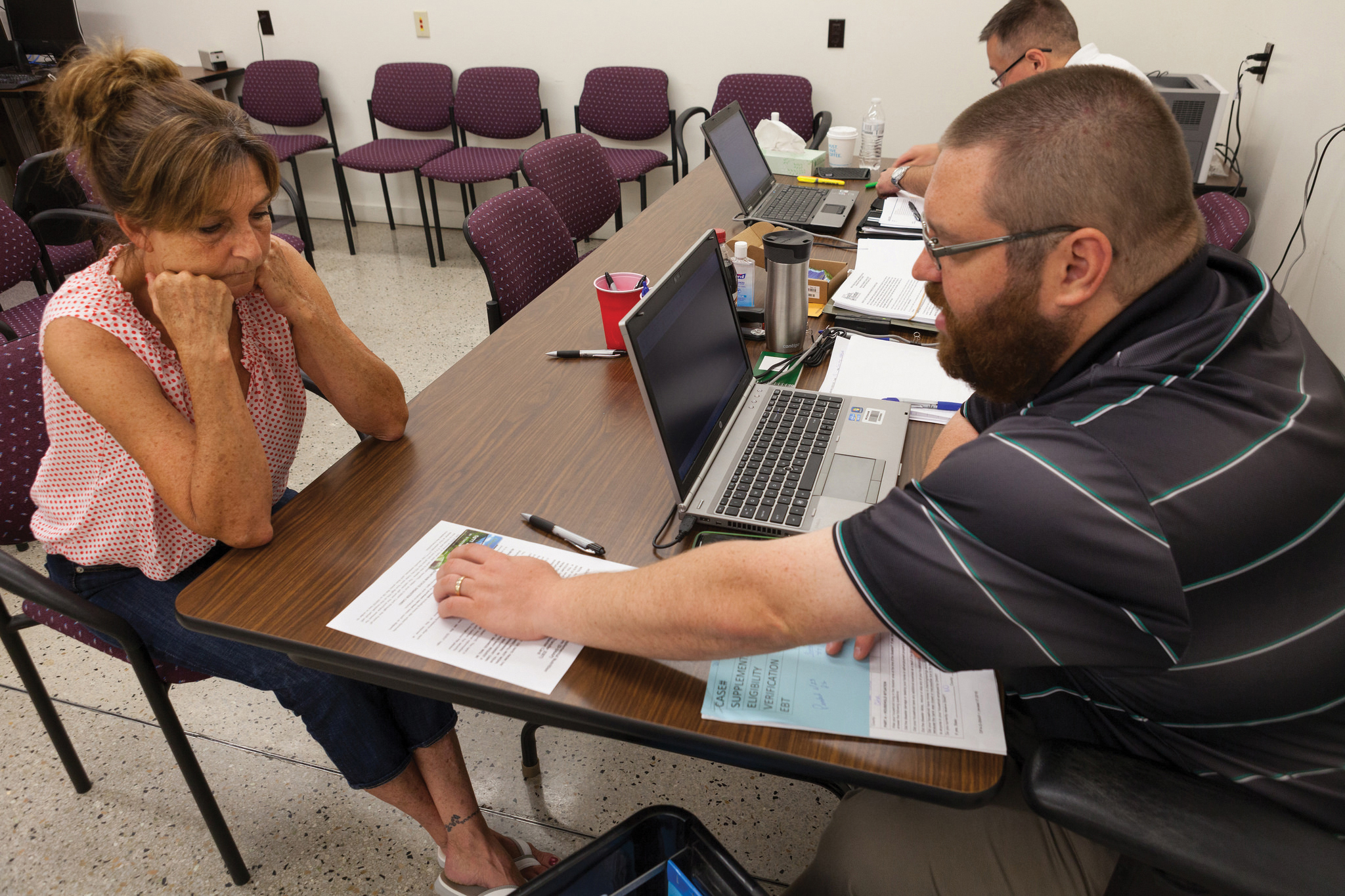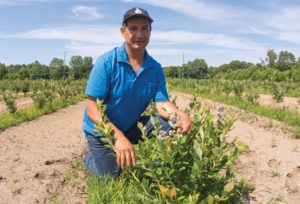
September 22, 2018
By Nina F. Ichikawa
Nina F. Ichikawa is the Policy Director at the Berkeley Food Institute.
The news out of Washington is coming fast and furious, but farmers, food activists, and journalists are staying laser-focused on one thing: the Farm Bill. This $500 billion (over five years) omnibus legislation has passed the House and Senate, and is now in conference committee. This means that selected groups of congresspeople and senators are meeting to iron out the differences between the House and Senate versions of the bill and present a version that both houses find acceptable and the President is willing to sign. Quite a tall order under any circumstances, but especially now, when food and agriculture issues have been (unusually for the Farm Bill) so controversial.
Trade is front and center. American agricultural exports account for roughly $307 billion of economic activity annually (2016 figures) of our economy, and many American farming companies are heavily dependent on foreign sales. The Trump administration’s tariffs on imported products have resulted in steep retaliatory tariffs against American farm products. Since the Farm Bill includes funding for the Foreign Agricultural Service as well as various relief programs for farmers, many eyes are watching this dispute closely (there is sharp disagreement among conservatives about tariffs). California growers are not immune: California exported $20.4 billion worth of food and beverages in 2016, all of which is threatened if foreign governments choose to punish our exports like we are punishing theirs.

Economic Service Worker Mike Tetreault activates EBT for Sherry Falls. Photo by Steve Ausmus.
Another huge issue in this Farm Bill is the fate of the Supplemental Nutrition Assistance Program, or SNAP (formerly called food stamps). Last month BFI published a policy brief detailing the threats to SNAP, some of which are so significant—from unrealistic work requirements to burdensome and invasive registration requirements—they caused every voting Democrat to reject the House version of the bill (and 20 Republicans joined them). SNAP is the largest non-medical social safety net program in the US, and it serves about 1 in 7 Americans. Furthermore, nearly two-thirds of SNAP participants are children, elderly, or people with disabilities. Berkeley Public Policy and Economics Professor Hilary Hoynes is a leading expert on SNAP and its long-term impacts; read our summary of her recent work in our September 20 newsletter.

Farmer Nahum Avalos, part of a BFRDP-funded program to increase the sustainability of first and next generation Latino farmers in Michigan, led by Professor David Mota-Sanchez of Michigan State. Photo: David Mota-Sanchez.
SNAP also has local economic benefits that would be compromised if the new version of the bill were passed. Our friends at the UC Nutrition Policy Institute have produced county-level factsheets detailing the contribution of CalFresh (California’s name for SNAP) to the economic health of our communities. Many people don’t realize that most SNAP dollars are spent quickly right in the community and cascade through the food system as food items move from farmers and growers to the grocery shelves, providing economic benefits at every step. The factsheets can be downloaded here.
If the House and Senate fail to pass a reconciled Farm Bill before the current one expires on September 30, 2018, many “tiny but mighty” programs will lapse. This includes those intended to help smaller producers, organic producers, local food promotion, and environmental conservation in agriculture. Our “Local Foods in the 2018 Farm Bill” brief shares the evidence on many of these programs: for example, a majority of participants in one program that subsidizes families receiving SNAP to shop at farmers markets reported buying or consuming more fruits and vegetables as a result of the program.
A popular bumper sticker produced by the American Farmland Trust reads “No Farms, No Food.” It would also be accurate to say “No Land, No Food.” Without inherited property, English language access, capital, or access to power structures that govern land transfer, it can be very difficult for enthusiastic growers, especially beginning farmers, to get in the farming business. The importance of land access is emphasized in our final Farm Bill policy brief, which focuses on beginning farmers and their challenges accessing land. The brief details the significance of the Beginning Farmer and Rancher Development Program and other opportunities for the Farm Bill to help level the playing field for beginning farmers.

A tweet from Paige Stanley on her work in Washington, DC.
Other Berkeley work—on impacts to entrepreneurs, to farmers of color, and to family farms—is being considered and shared among Farm Bill watchers as this highly important piece of legislation winds its way around the byzantine steps to become law. Berkeley PhD student Paige Stanley shared her summer internship research on the Conservation Stewardship Program with House and Senate staffers last month. Berkeley grad Marion Nestle claims the Farm Bill “drove her insane,” yet she’s still following it and contributing to the important tradition of public-service inquiry that defines us here at UC Berkeley. No matter your involvement in the food or farming system, we hope these resources are useful to you and that you can remain alert and involved in what is our most defining food law in the US.